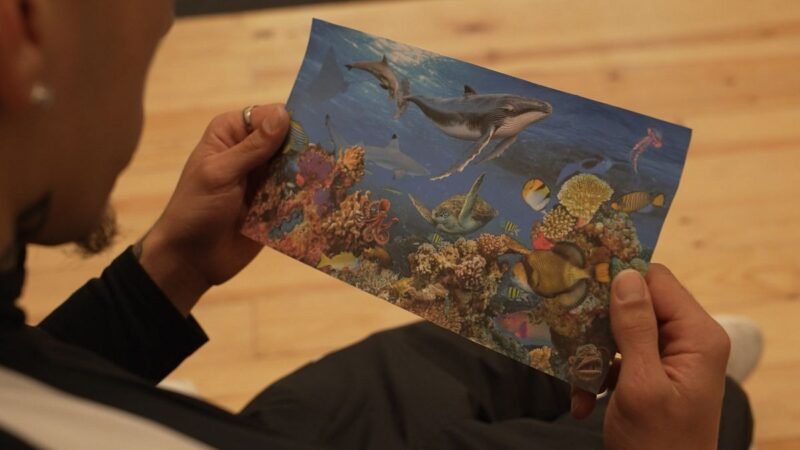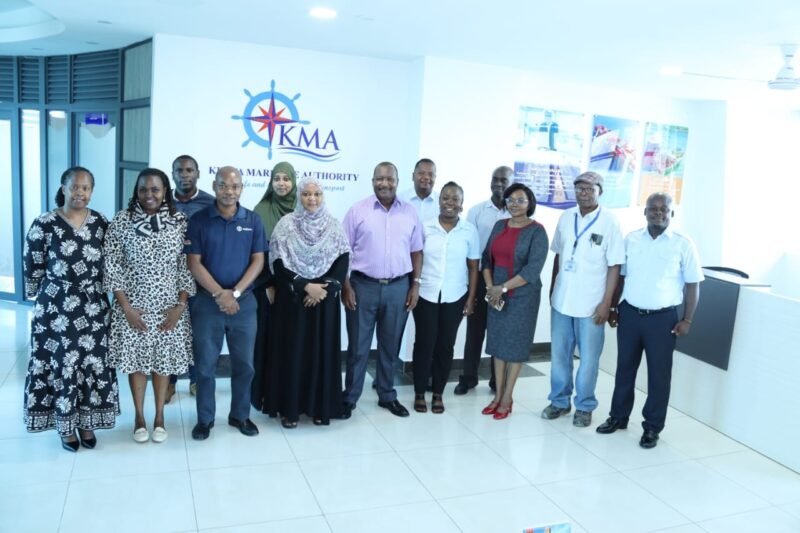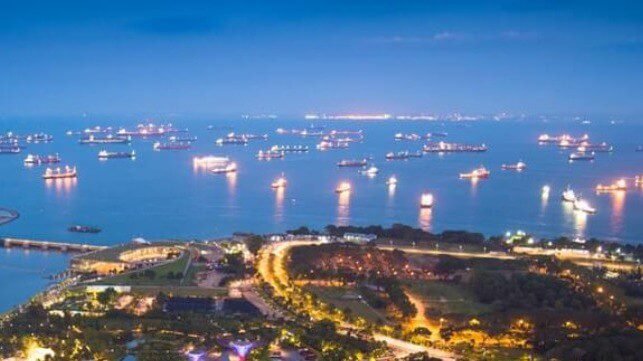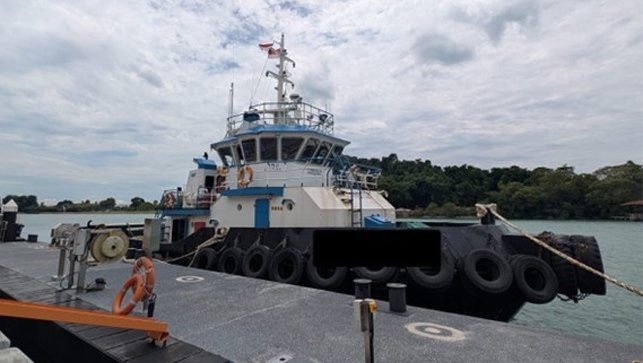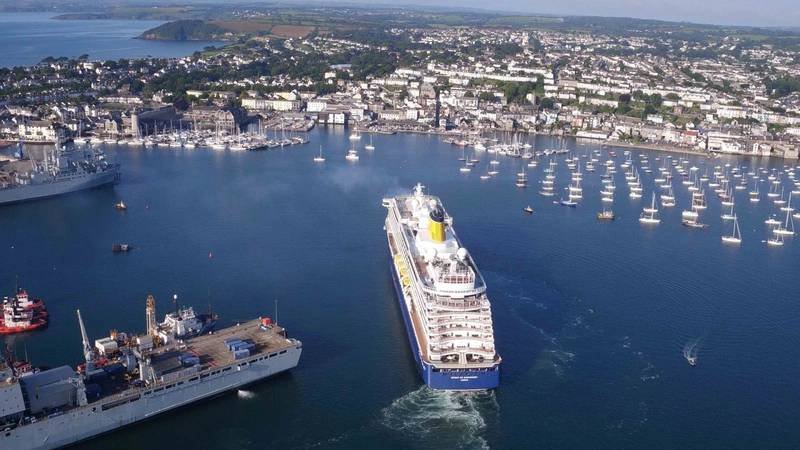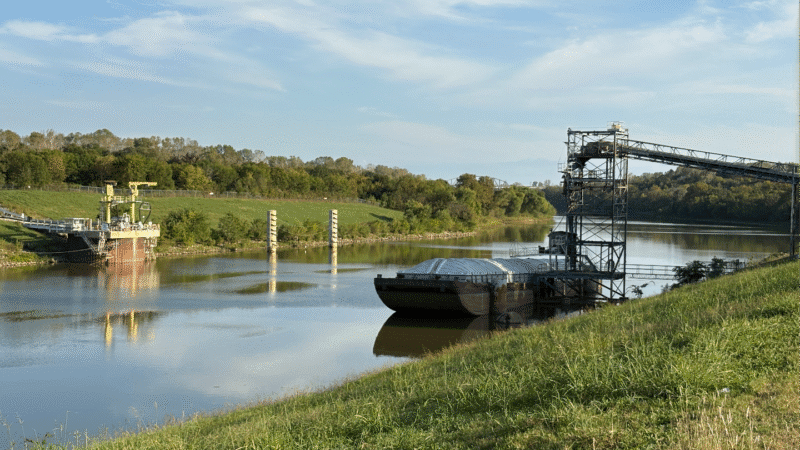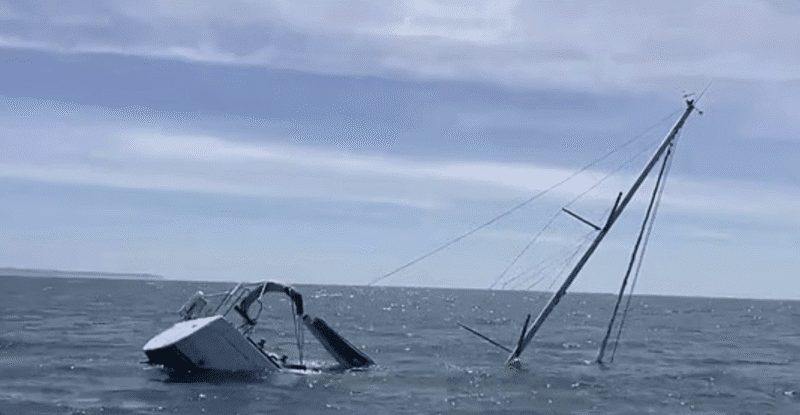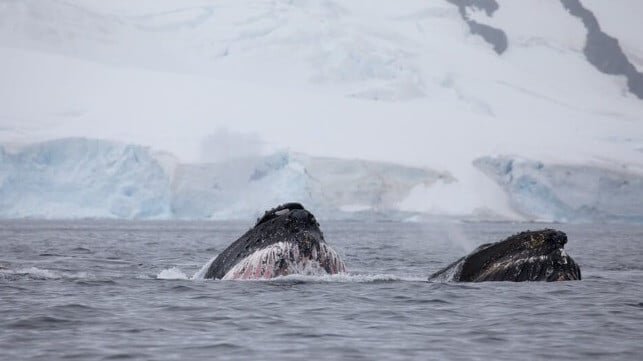A groundbreaking initiative called “Turning Blue” is tackling two major challenges in Europe’s marine industries by connecting young prison inmates with job opportunities. This project aims to address the worker shortages in the blue economy while also providing employment opportunities for former offenders. The blue economy sector, which employs 3.5 million people, is in need of more workers to sustain its growth, from fish farming to coastal tourism.
In Portugal’s Sado Estuary, oyster farmer António Correia is facing difficulties in finding young workers for his shellfish farm. Many marine businesses across Europe are experiencing similar challenges in filling employment gaps. The “Turning Blue” project, funded by the EU and operating in five countries, including Portugal, aims to bridge this gap by connecting young prison inmates with opportunities in marine industries.
Through mentoring, training, and direct links to employers, the project seeks to overcome stigmas associated with hiring former inmates. Businesses like SEAentia, a fish farming startup in Portugal, are embracing this approach and preparing to increase their staff numbers significantly. The blue economy offers diverse job opportunities in fishing, aquaculture, and tourism that could be suitable for young people seeking a fresh start after serving time in prison. Initiatives like “Turning Blue” have the potential to address labor shortages and support social reintegration in European prisons.


